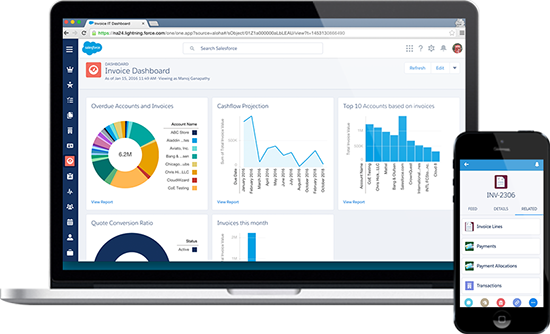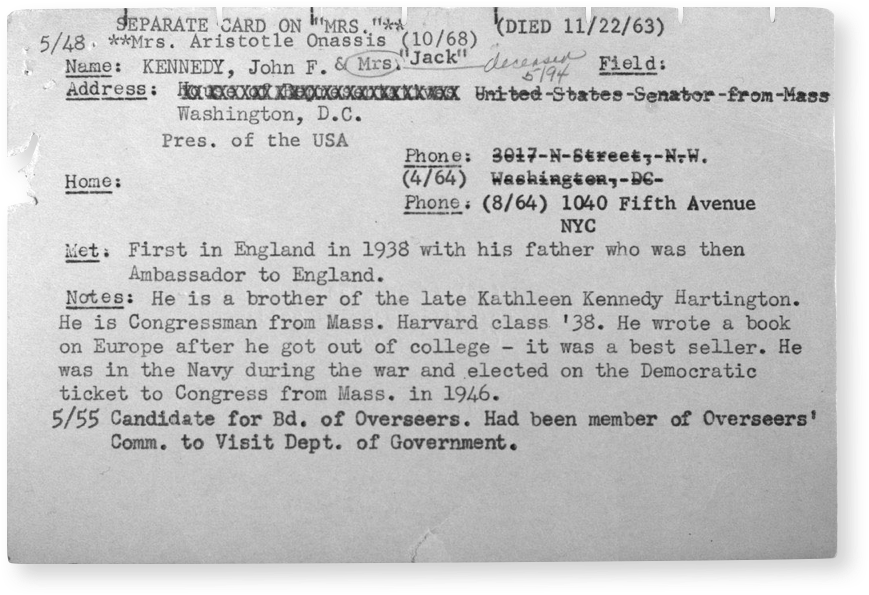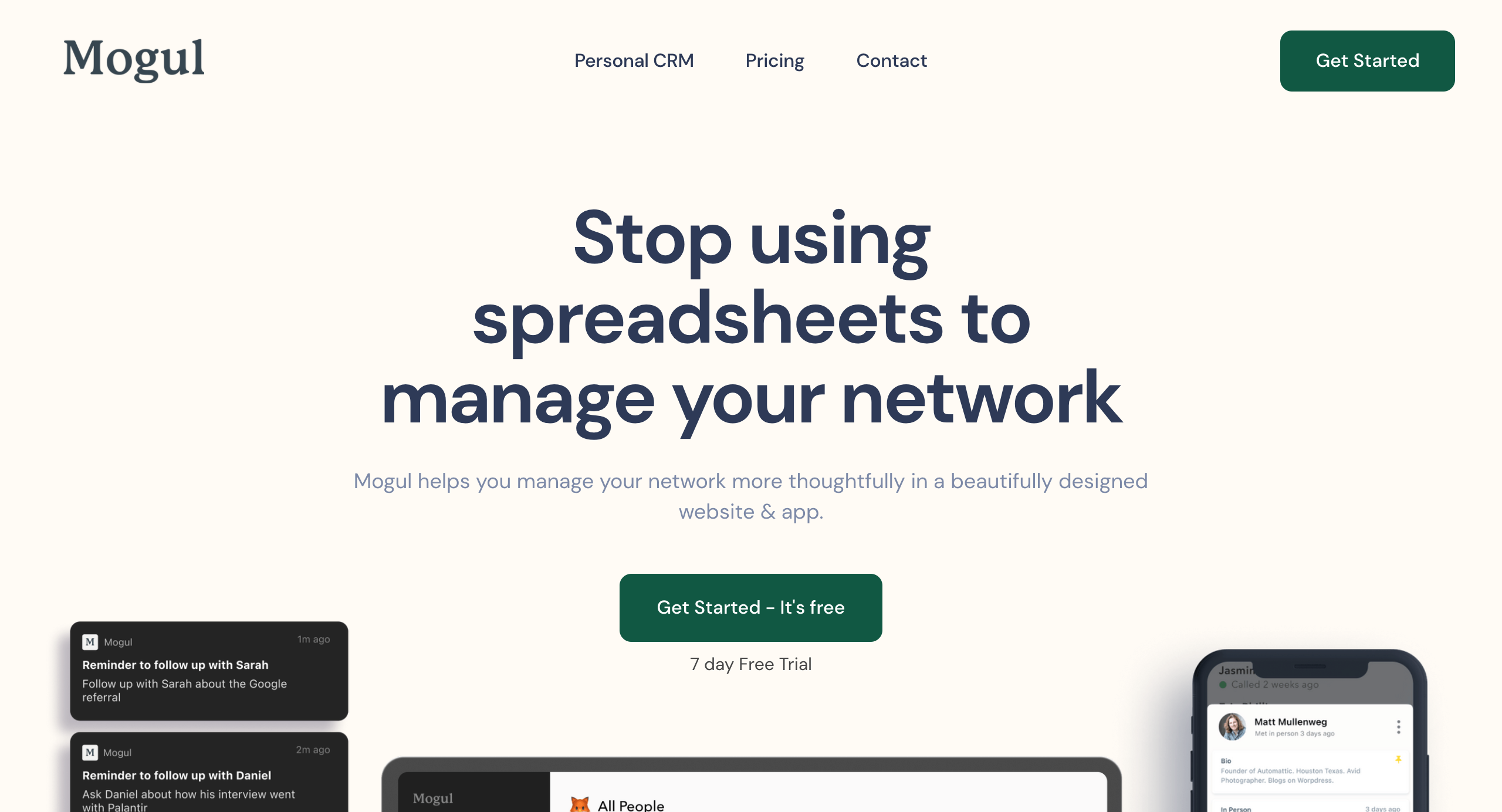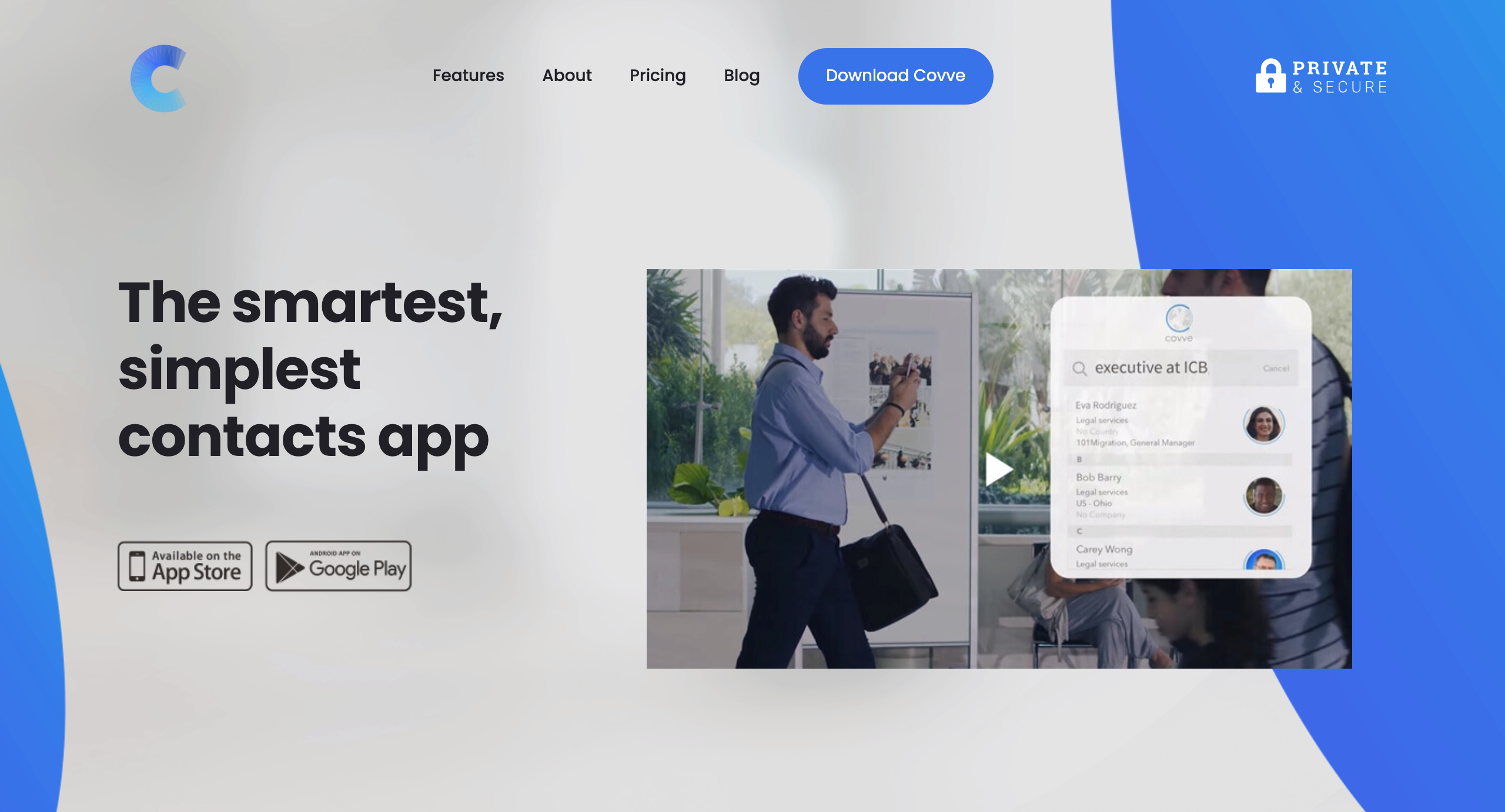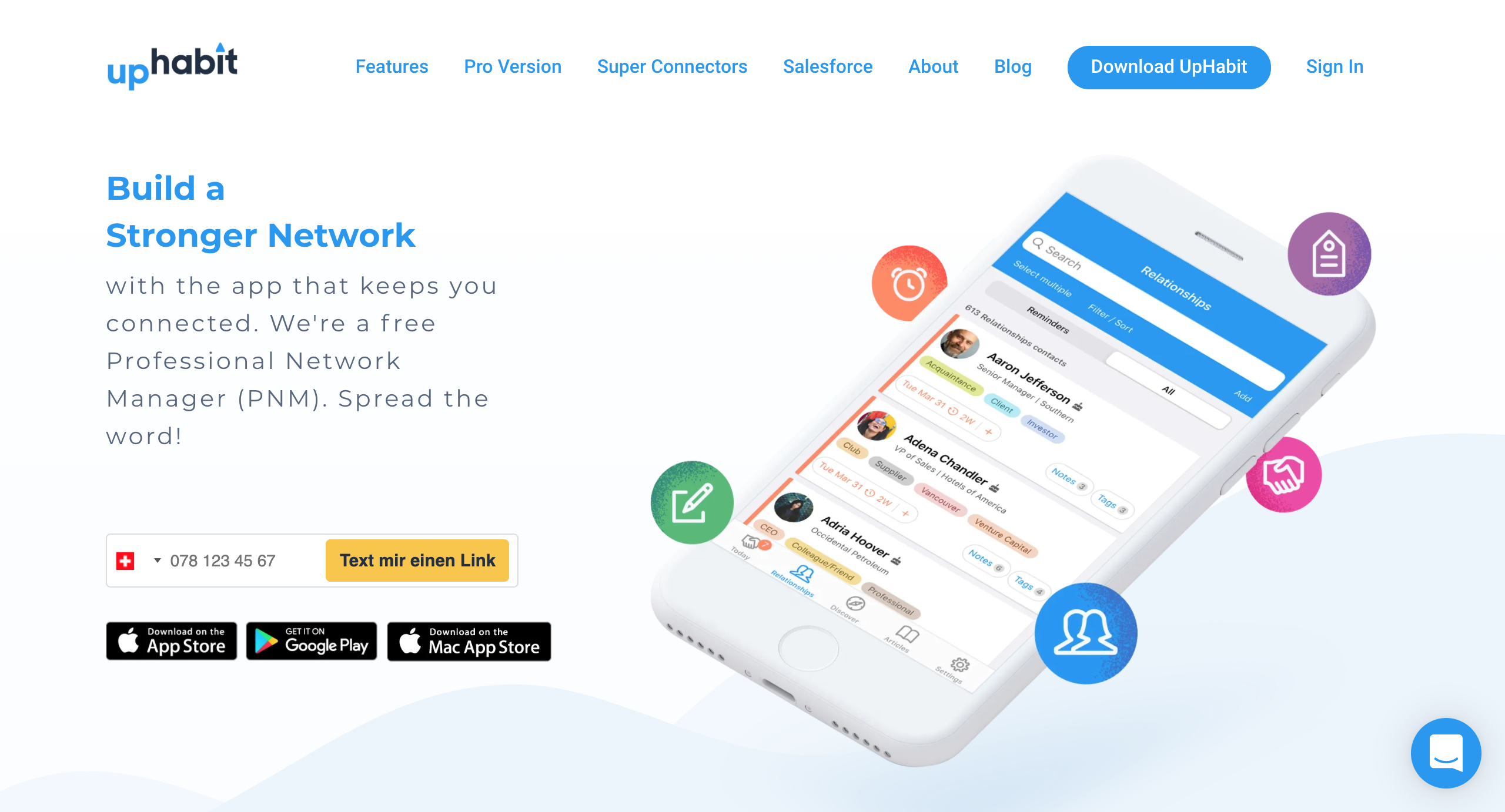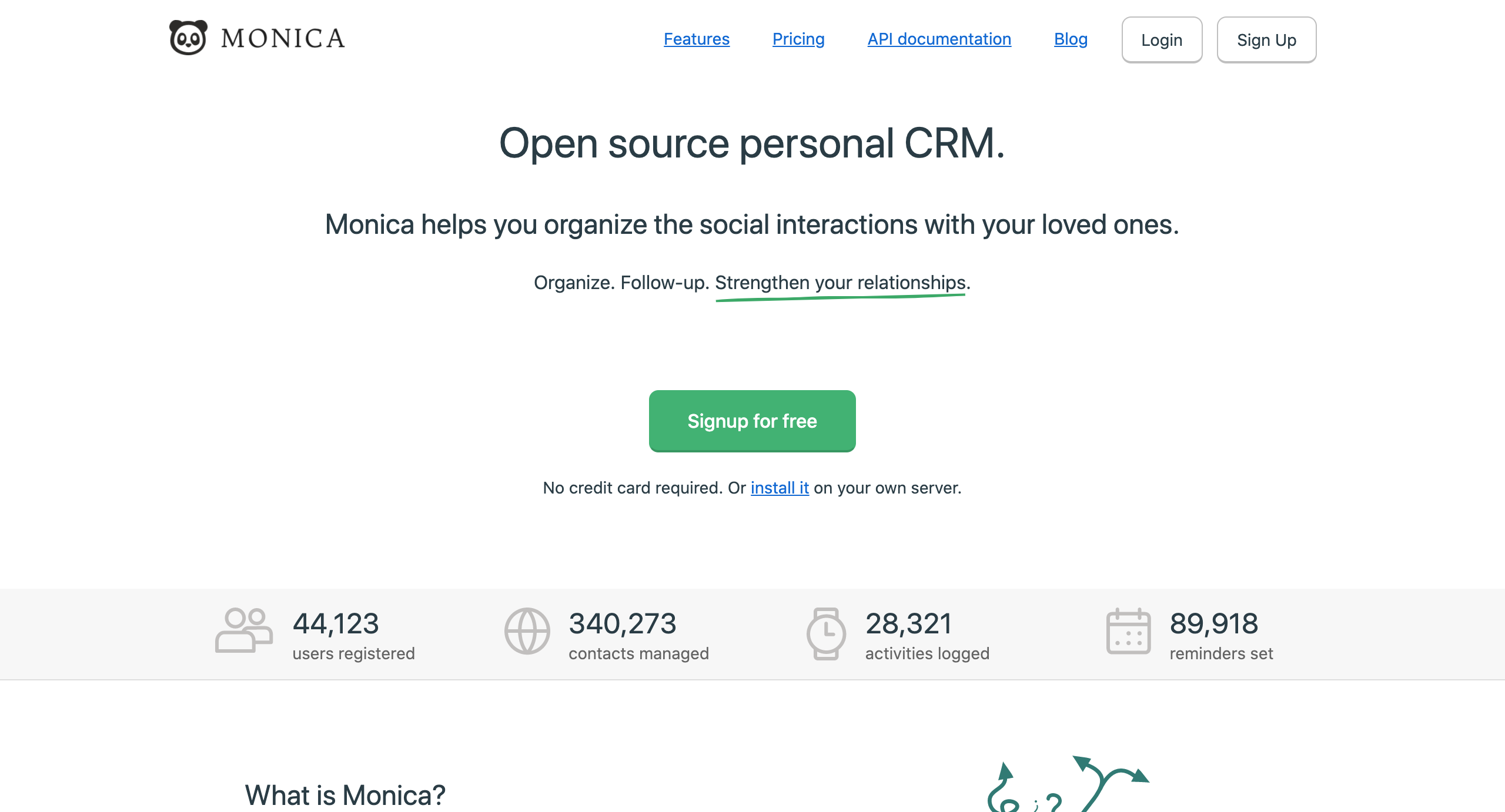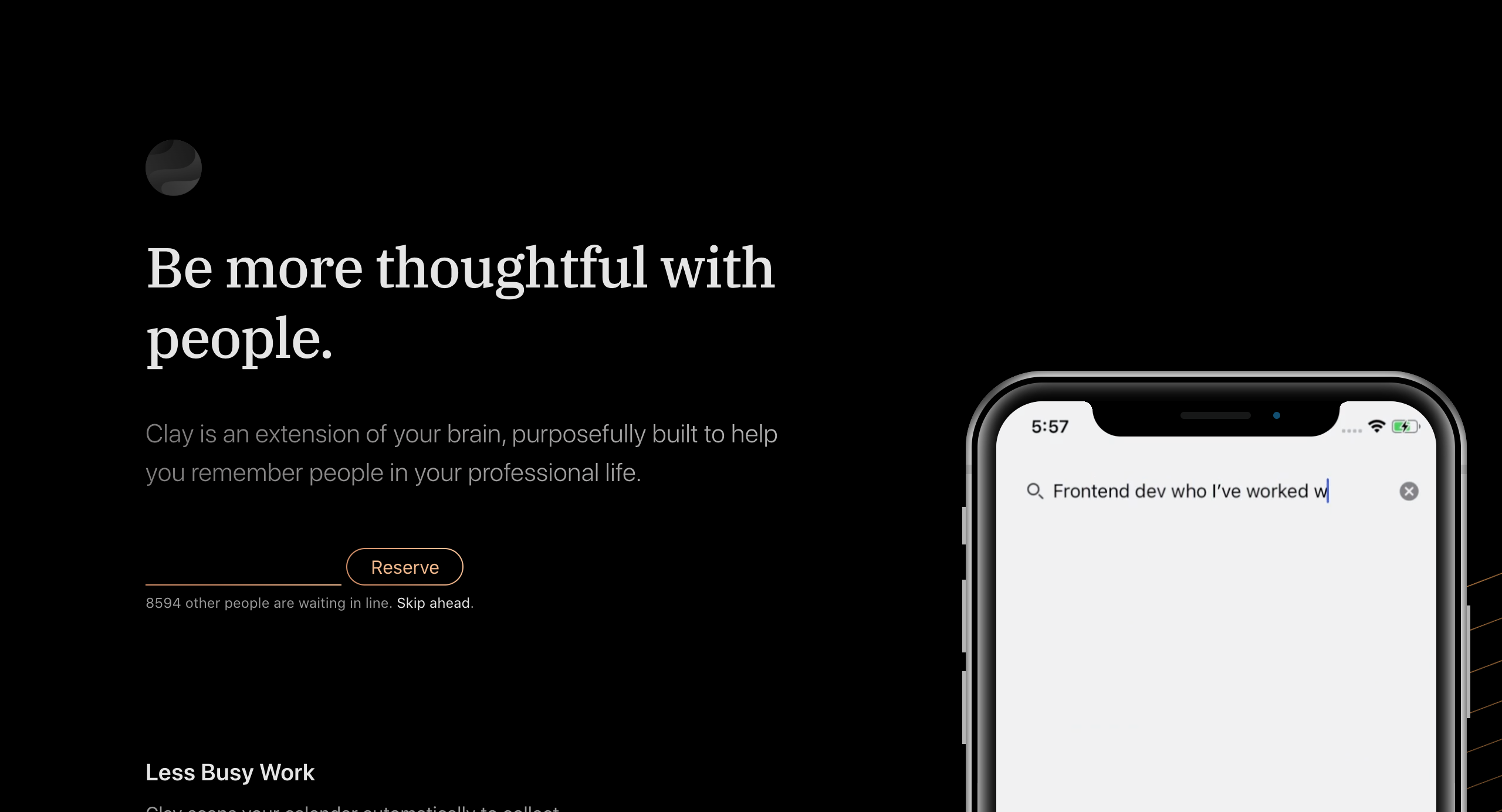As the internet matured
In recent years, we've seen new types of smart CRMs appear. Intelligent features include the ability to sync data with emails, automations (for ex. if you set a deal size, the customer is moved to the next stage of the funnel), data enrichment and so on.
What about Personal Relationship Managers?
The oldest personal relationship manager was probably a spreadsheet. With time, the Internet disrupted every industry and more and more people would meet and know more and more people. This made the I-feel-like-I'm-losing-touch problem critical for not just the super-rich, but more and more managers, investors, consultants and generally professionals.
What exactly is a Personal Relationship Manager?
The logic is simple. As CRMs have proven themselves to be extremely effective in managing clients, there is no reason not to implement this successful experience in your own professional and personal life.
A personal relationship manager is a business tool that allows users to organise their contacts in order to improve their network and grow and nurture both business and personal relations.
Why do you need a Personal Relationship Manager?
When it comes to success and personal growth, you have to think long term. Forging relationships is foundational to such a far-sighted strategy. Entrepreneurs spend countless hours thinking about how they can improve their business, there is no reason professionals shouldn't do the same about improving their relationships and network.
As says David A. Fields:
Relationships are everything. I define wealth as relationship strength.
Ask yourself this question: Do you have many contacts and connections that could potentially generate a lot of opportunities for you? Just look at LinkedIn, if you were in touch with all of your connections, how would things be different? How many more partnerships, job offers or ideas would you get?
If you want to increase efficiency, become more organised, and increase your income than you definitely need to consider personal relationship manager. Nowadays such a system may be useful for any person from real estate agent to top manager of a large enterprise.
How do personal relationship management apps work?
The basic personal relationship manager works like this:
- You import your contact list (either manually via a CSV file or through a Google Contacts integration for example)
- You log interactions with your contacts as they happen
- You set reminders to reach out to contacts
- Once you get the reminders, you reach out.
At Nat, we find this approach very time-consuming and inefficient, but it works well for some people. While more modern CRMs include more automation, the approach stays relatively the same.

